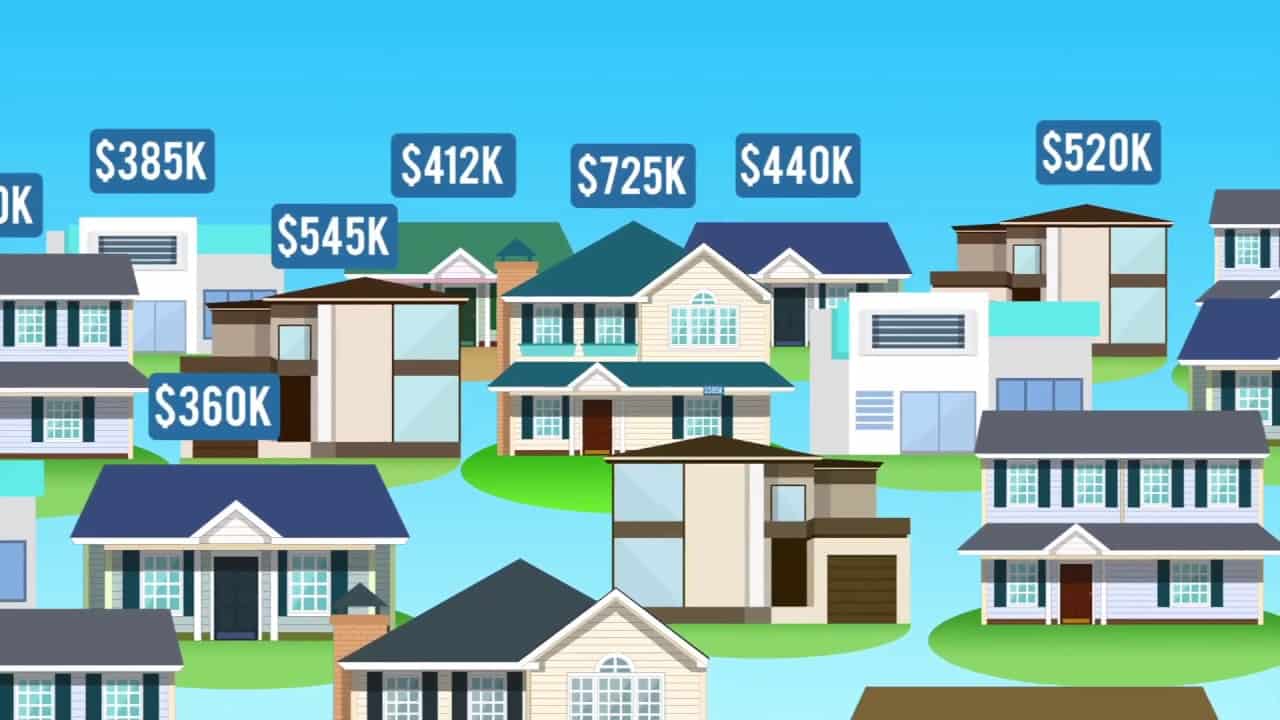Understanding how real estate agents determine home value is crucial when buying or selling a property. These professionals possess the expertise to accurately assess the worth of a house based on various factors. In this blog post, we’ll delve into the key elements that real estate agents consider when determining the value of a home. By shedding light on these factors, you’ll better understand the appraisal process and be better equipped to make informed decisions in the real estate market.
Location, Location, Location
Location is one of the most critical aspects influencing a home’s value. Real estate agents carefully evaluate the neighborhood and its amenities, proximity to schools, transportation, shopping centers, and recreational facilities. Additionally, factors such as crime rates, access to healthcare facilities, and overall desirability of the area all play a significant role in determining a home’s value. The adage “location, location, location” still holds true in the real estate world.
Property Size and Layout
The size and layout of a property are essential factors that impact its value. Agents assess the total square footage, the number of bedrooms and bathrooms, additional living spaces such as a basement or attic, and the overall floor plan. Larger homes with well-designed layouts tend to command higher values compared to smaller or poorly laid-out properties.
Condition and Age of the Property
The condition and age of a home significantly affect its value. Real estate agents consider the overall state of the property, including the structural integrity, maintenance history, and any necessary repairs or renovations. Modern amenities, updated fixtures, and well-maintained features often result in a higher appraisal value. Similarly, newer properties tend to hold more value than older ones, although historical or well-preserved homes may be an exception.
Comparable Sales in the Area
Real estate agents rely on recent comparable sales, often referred to as “comps,” to assess a home’s value. These sales involve properties similar in size, condition, and location to the one being appraised. Agents analyze the sold prices of these comparable properties to establish a benchmark for the home in question. By examining recent market activity, agents can gauge the current demand and pricing trends, providing a more accurate valuation.
Market Conditions and Economic Factors
Market conditions and economic factors play a crucial role in determining home values. Real estate agents consider factors such as supply and demand, interest rates, and the overall state of the economy. In a seller’s market with high demand and low inventory, home values tend to increase. Conversely, in a buyer’s market with low demand and high inventory, home values may decrease or remain stagnant. By staying abreast of market trends, real estate agents can provide up-to-date valuations.
Here at LA PRO REALTY, we possess the knowledge and expertise to accurately determine home values based on a comprehensive evaluation of various factors. By considering elements such as location, property size, layout, condition and age, comparable sales, and market conditions, we can provide invaluable guidance to buyers and sellers. Understanding these factors allows you to make informed decisions and negotiate effectively in the real estate market. Whether you’re buying, selling, or simply curious about the value of a property, working with LA Pro Realty ensures you receive an accurate and fair appraisal.


0 Comments